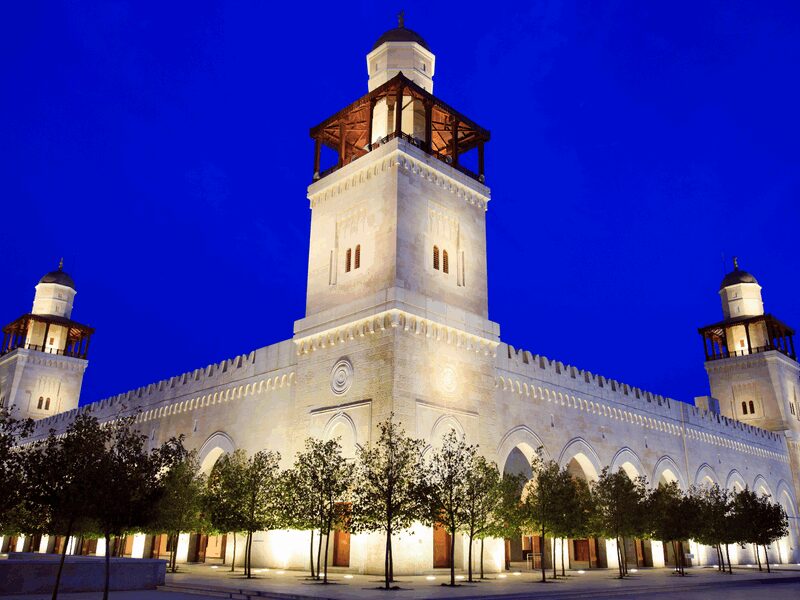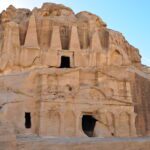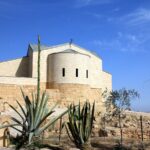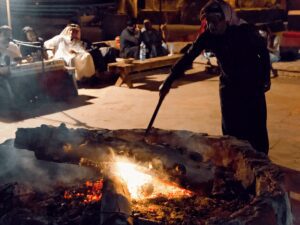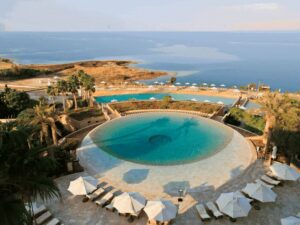Jordan, a country with a rich history and cultural heritage, is mostly Muslim. However, it has a diverse religious landscape that shows a long history of coexistence among different religions. This article looks at the religious makeup of Jordan, its history, and the role of religion in modern Jordanian society.
Historical Background Early Religious Influences
Jordan religious history goes back to ancient times, with influences from groups like the Nabataeans, Romans, Byzantines, and the early Islamic caliphates. The region has always been a meeting point for different cultures and religions, leading to its rich religious history.
Islamic Influence
Islam became the main religion in Jordan in the 7th century during the time of the Islamic Caliphate. The Umayyad Caliphate, with its capital in Damascus, played a big role in spreading Islam throughout the region.
Religious Composition Islam
- Sunni Islam
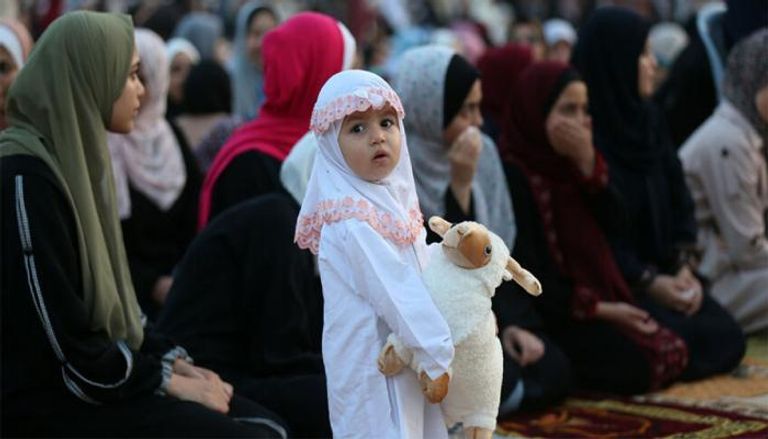
Most Jordanians (about 92%) are Sunni Muslims. Sunni Islam is the dominant branch in Jordan and has a strong influence on the country’s culture and social life.
- Shia Islam
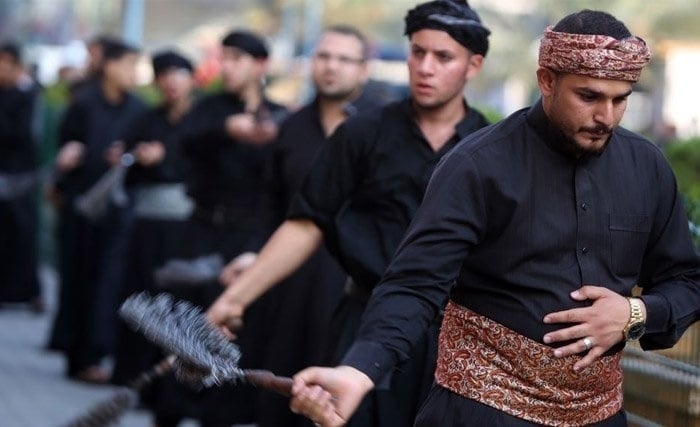
A small number of Jordanians follow Shia Islam. Although Shia Islam is not as large as Sunni Islam, the Shia community has historically lived peacefully with the Sunni majority.
- Christianity
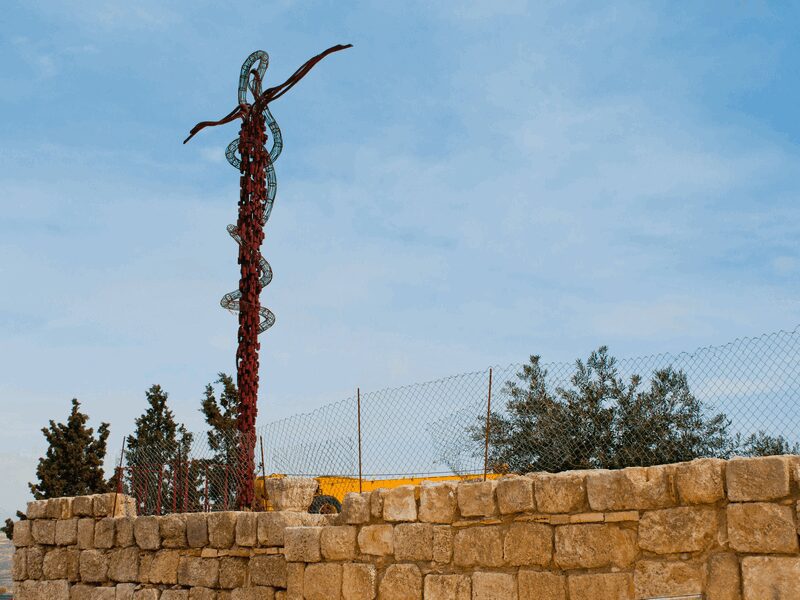
Christians make up about 6% of Jordan’s population. The Christian community is diverse, including Greek Orthodox, Roman Catholics, and several Protestant groups. Many Christians in Jordan trace their history to early Christian communities from the Roman and Byzantine periods.
- Other Religions
Jordan also has small groups of other religions like the Druze and Baha’is. These groups add to the country’s religious diversity and have enjoyed religious freedom in Jordan.
Religious Freedom and Coexistence Legal Framework
Jordan’s constitution ensures freedom of religion, and the government usually respects this. The state religion is Islam, and Sharia law influences personal matters like marriage, divorce, and inheritance.
Interfaith Relations
Jordan is known for harmonious interfaith relations. The country works hard to promote religious tolerance and coexistence. One example is the Amman Message from 2004, which focuses on the need for interfaith dialogue and understanding.
Religious Sites and Pilgrimage Islamic Sites
- Al-Maghtas (Bethany Beyond the Jordan)
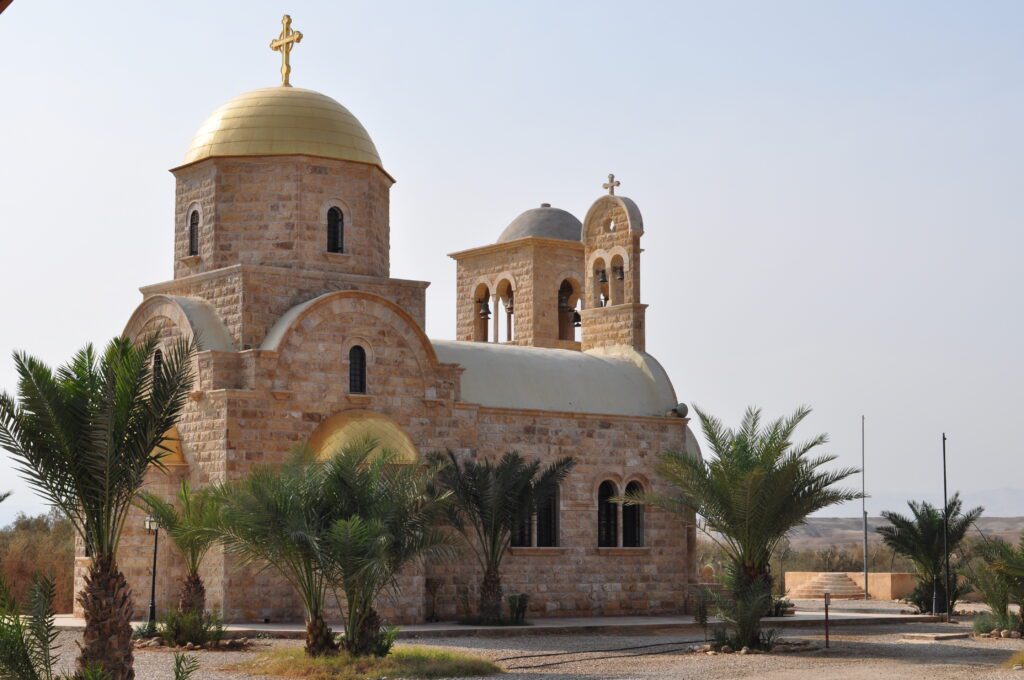
This site is believed to be where Jesus was baptized by John the Baptist. It is an important pilgrimage site for Christians and is also recognized in Islamic tradition.
- King Abdullah I Mosque
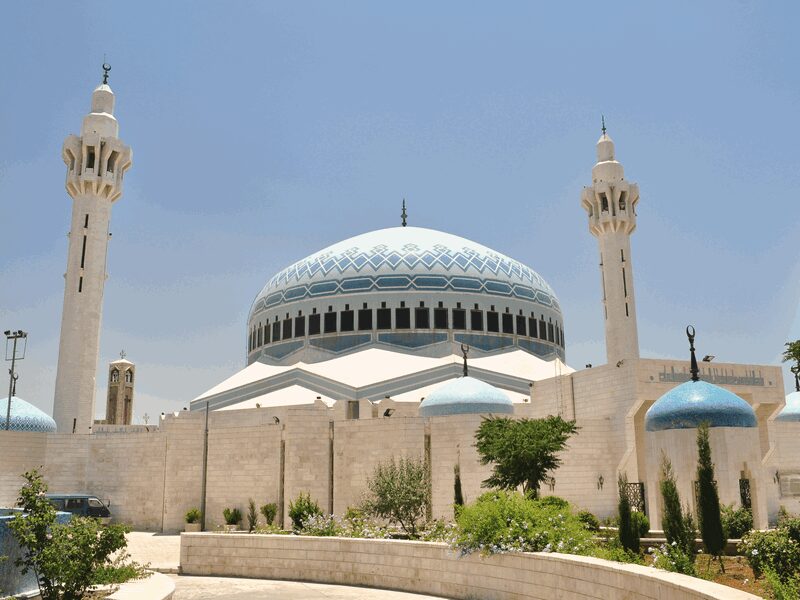
Located in Amman, this mosque is one of the largest and most important in Jordan. It represents the country’s Islamic heritage.
Christian Sites
- Mount Nebo
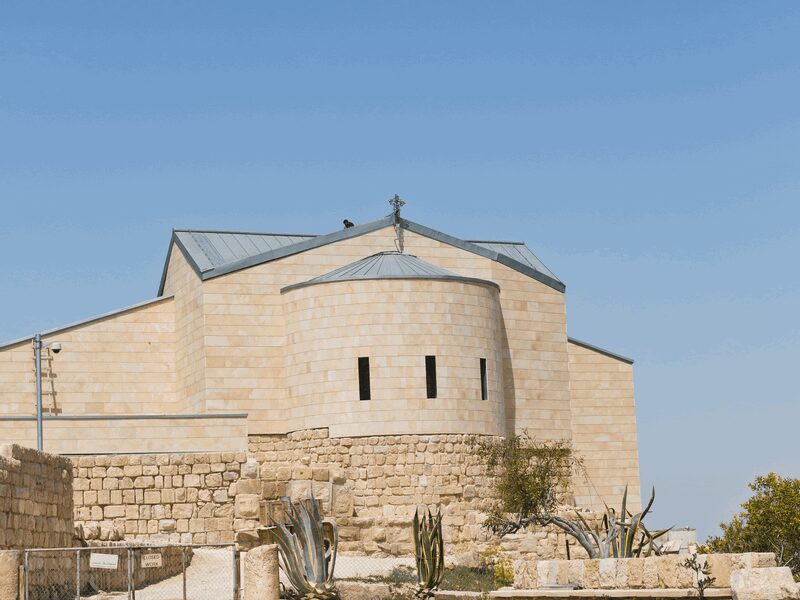
Mount Nebo is a key pilgrimage site for Christians. It is believed to be where Moses saw the Promised Land before he died. The site offers beautiful views of the Jordan Valley and the Dead Sea.
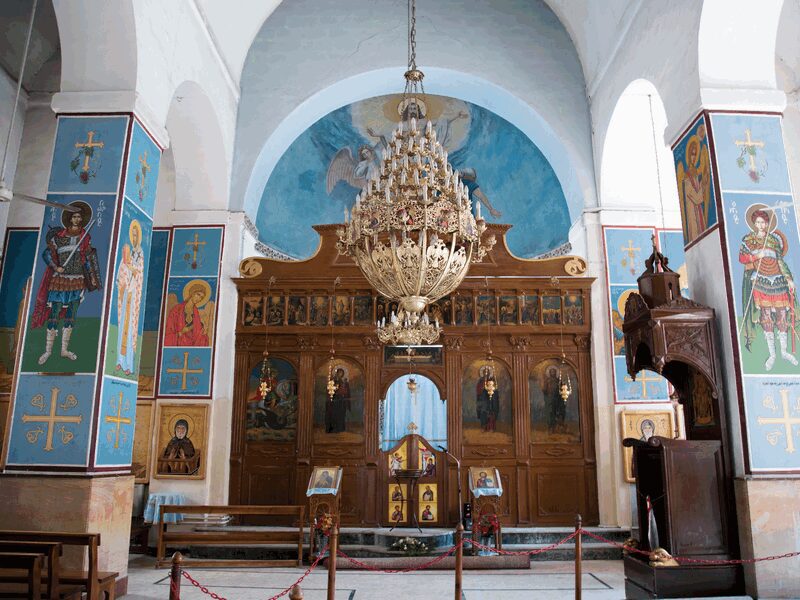
Madaba is famous for its ancient mosaics, especially the Madaba Map, a Byzantine mosaic showing the Holy Land. The town has several historic churches and is an important center for Jordan’s Christian community.

